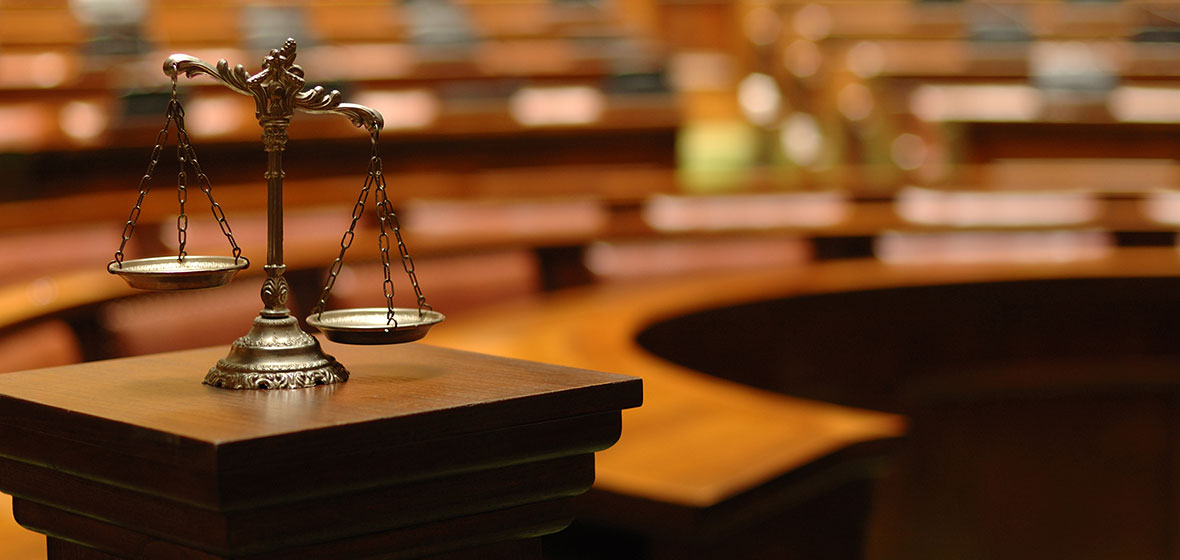In medieval and early modern times, medicine, the divinity, and law were the (only) three professions. Society regarded stewardship of the body, soul and legal rights as being of the utmost importance (although not necessarily in that order).
There is a theory, probably false, that the reason why there is a pocket attached to the rear of barristers’ robes is that clients could sneak money into the barrister’s robes behind their backs as it would be unimaginably ghastly to descent into the depths of direct discussion of matters of trade. The more probable sartorial explanation is that it is a remnant of a hood that had been the chapeau to the robes, gradually reducing in size until it was replaced with a sewn-up pocket. What is historically true is the fact that barristers’ fees were not legally enforceable and were an honorarium only. The importance of these points of history is to demonstrate, either with real or imagined tales, the lore behind the law as something non-mercantile in nature.
We are now in an age where most lawyers do not hail from the landed gentry and, unfortunately, have to render an account. Some even have ‘billable units’ (whatever they are). Whilst we have moved on somewhat, we should maintain decorum where we can – especially in the courtroom.
Maintaining etiquette in dealing with other participants in the court room has a practical benefit. Namely, the novice will at least give the appearance of skill, whilst those skills are (hopefully quickly) developing under the surface. Technical legal skills, and advocacy skills, take time to develop. However, you should have some mastery of courtroom etiquette from the outset.
Modes of address
Magistrates are now (and have been for some time) referred to as ‘your Honour’ and the same applies to judges. Someone who marked a contracts essay when I was a law student (who is now a superior court judge) wrote ‘judges are not gods’ in the margin of my essay (I had used a capital ‘h’ for His – it is ‘his Honour’ not ‘His Honour’). Now that the marker is a judge, I wonder if her divine status has been re-evaluated? In any event, ‘Your Worship’ is no longer appropriate in the Magistrates’ Courts, but you will occasionally hear it from old hands.
Inferior court judges are referred to as ‘Judge’ and superior court judges are referred to as ‘Justice’. They are ‘her Honour’ and ‘The Honourable’ respectively. This is especially tricky in the Federal Circuit and Family Court of Australia which has both due to the merging of two prior courts from which the current name is derived. As a matter of good practice:
- If you write to a judge, always do so via their associate. If you are in a jurisdiction that does not have associates (which is the case in some Tribunals and the Local Court), it is best to write to the Court via the Registrar.
- Always copy in your opponent and always get consent first unless urgency demands the contrary.
Speaking of Registrars, you should address them as ‘Registrar’. Some Registrars might be a ‘Judicial Registrar’ in which case you can address them in that form, but simply ‘Registrar’ would suffice.
Consider other networks to get second opinions such as involving yourself with Law Society Committees, forging relationships with barristers and so on.
In Tribunals, the person on the bench is addressed as ‘Member’. However, if they are a ‘Senior Member’ or have some other title, then you may wish to use that. This can be a mouthful, so it is appropriate use this form of address first, and thereafter just ‘Member’. If they are from a higher tier of the Tribunal (such as a Deputy President) then you can use that title. Sometimes the President of a Tribunal may be a judge, in which case you may revert to ‘your Honour’.
When it comes to mediations and arbitrations you can say ‘Mr Mediator’, or ‘Mr Arbitrator’ and you can also omit the ‘Mr’ (or Ms etc). Most mediations are informal and first names often prevail. Indeed, many mediators will, as part of the initial session, ask if everyone is ok to be addressed by their first names. In my experience, people usually are.
A barrister holding a brief in a case is ‘counsel’. So, don’t say ‘Mr Smith is the barrister for the defendant’. Instead, practitioners should say ‘Mr Smith is counsel for the defendant’. In addressing a solicitor-opponent you can refer to them by their name. For example, ‘Mrs Jones’ or ‘my friend’. If your opponent is a litigant in person, it would not be rude to say ‘my friend’ but it’s better to refer to that person by name.
In addressing a barrister-opponent it’s the same except it’s ‘my learned friend’. I would be particularly sure not to omit the ‘learned’ if my opponent was significantly senior to me or a silk.
When a person is giving evidence, whether they are a party or not, they are referred to as ‘the witness’. However, when asking the witness a question, you should use their actual name and don’t address them as ‘witness’.
Tips for early career lawyers
- Remember that this is a profession first and a business second.
- Make sure you have some sort of structure for getting advice – it’s too hard to do this alone. Many aspects of legal practice cannot be ascertained from textbooks. How this works will depend on your circumstances. The reality is that law firms vary in the quality of supervision and mentorship. Consider other networks to get second opinions such as involving yourself with Law Society Committees, forging relationships with barristers and so on. If you are at the bar, you will find the collegiate atmosphere in chambers invaluable. Go to drinks. Make friends in the law.
- Spend time in court if you are a litigator. Many cases settle and generally, when civil cases settle, there is nothing to see in court. At least when a criminal case settles, there is generally still a sentence to deal with.
- You will not give good advice on compromising a case unless you have seen how cases run. If you don’t have any of your own that are running, try to drop into court during a court case if time permits. If that is not possible, read first instance decisions of inferior courts – whilst appeal cases might be more useful in developing a body of legal knowledge, first instance cases will give you a better understanding of real-word outcomes in cases involving fact scenarios that might come across your desk.
Finally, don’t overspecialise. No area of law exists in a vacuum. Try to keep up to speed, at least in vague terms, with areas of law you don’t work in.




